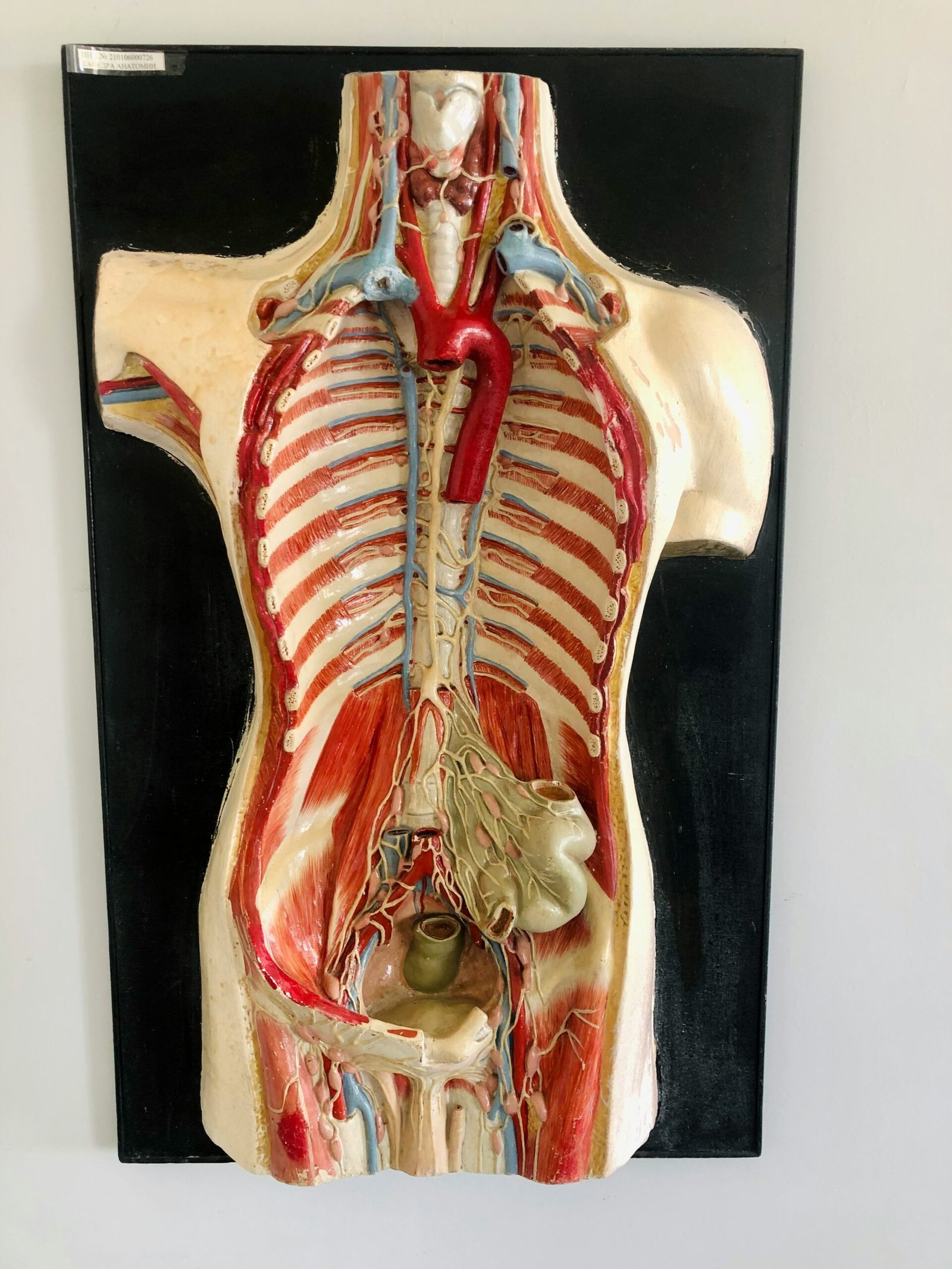Understanding Self-Care
Self-care encompasses the deliberate actions that individuals take to maintain and enhance their physical, mental, emotional, and spiritual well-being. It is a multifaceted concept that goes beyond merely pampering oneself, emphasizing a proactive approach toward health and happiness. Recognizing personal needs and addressing them plays a critical role in the effectiveness of self-care practices.
Physical self-care involves activities that maintain and improve bodily health. Regular exercise, balanced nutrition, adequate sleep, and routine medical check-ups form the bedrock of physical well-being. These practices not only boost energy and build resilience against illnesses but also enhance productivity and mood. Simple actions like taking a short walk or stretching can provide immediate relief from physical stresses, whereas consistent habits contribute to long-term vitality.
Emotional self-care is centered on understanding and managing one’s emotions. It includes activities that foster emotional resilience, such as journaling, engaging in hobbies, or spending time with loved ones. Mindfulness and relaxation techniques, such as meditation or deep-breathing exercises, can help in alleviating feelings of anxiety and improving emotional stability. By acknowledging and addressing emotional needs, individuals can cultivate a more balanced and positive outlook on life.
Mental self-care focuses on cognitive well-being and maintaining mental sharpness. Engaging in intellectually stimulating activities, such as reading, solving puzzles, or learning new skills, can keep the mind agile and prevent cognitive decline. Taking breaks during work or periods of intense focus is also essential; these moments of rest can reduce stress and enhance mental clarity. Prioritizing mental self-care enables better decision-making and boosts overall cognitive functioning.
Spiritual self-care involves nurturing one’s sense of purpose and connection to something greater than oneself. This can be achieved through practices like meditation, prayer, or spending time in nature. Spiritual self-care is highly personal and varies widely among individuals, but its core aim is to provide a sense of inner peace and alignment with one’s values. It can contribute significantly to overall well-being by fostering a deep sense of fulfillment and contentment.
Implementing self-care practices can have immediate benefits, such as reduced stress and enhanced mood, while also offering long-term advantages like improved health and sustained happiness. By acknowledging and addressing various dimensions of self-care, individuals can build a robust foundation for their overall well-being, ensuring a balanced and fulfilling life.
The Benefits of Self-Care
Engaging in self-care practices offers a multitude of benefits that significantly enhance an individual’s well-being. One of the primary advantages of self-care is its capacity to reduce stress. When individuals take time for themselves, they can unwind and decompress, which lowers cortisol levels—the hormone directly linked to stress. Various studies have demonstrated that regular self-care activities such as meditation, exercise, or even taking short breaks during work can substantially lower stress levels and improve overall mental health.
Additionally, self-care is critically important for mental health. It fosters resilience against mental health challenges, such as anxiety and depression, by creating space for individuals to recharge and refocus. Simple practices like journaling, spending time in nature, or engaging in hobbies can act as preventive measures against mental health issues, enabling individuals to maintain a healthier mental state.
On the physical health front, self-care contributes to better health outcomes. Habits such as regular exercise, proper nutrition, and adequate sleep are fundamental elements of self-care that enhance one’s physical well-being. For example, consistent physical activity can prevent chronic illnesses, improve cardiovascular health, and boost immune function. Scientific evidence supports that individuals who prioritize self-care habits are more likely to live longer, healthier lives.
Another significant benefit of self-care is the improvement in productivity. When people take time for themselves, they return to their daily tasks with renewed energy and focus, leading to increased efficiency and effectiveness in their work. This cycle of recharging and productive engagement creates a more balanced and fulfilling professional and personal life.
In enhanced happiness is a notable benefit of self-care. By prioritizing activities that bring joy and satisfaction, individuals cultivate a sense of contentment and fulfillment. Personal anecdotes consistently reveal that those who integrate regular self-care into their routine report higher levels of happiness and life satisfaction. A balanced approach to self-care not only nurtures the individual but also positively impacts relationships, as a happier and healthier person is better able to connect with others and foster deeper, more meaningful relationships.
Common Barriers to Self-Care
A variety of barriers can hinder individuals from effectively practicing self-care. Among the most prevalent obstacles are societal pressures and cultural norms, which often prioritize productivity over personal well-being. These societal expectations, coupled with the glorification of busyness, can lead individuals to neglect their own needs in pursuit of external validation and success.
Financial constraints also play a significant role in impeding self-care. Many self-care activities, such as spa treatments, gym memberships, and healthy eating, may seem financially out of reach for individuals on a tight budget. This economic barrier can create an illusion that self-care is a luxury rather than a necessity, further discouraging people from investing in their own well-being.
Time management issues are another common barrier. In today’s fast-paced world, individuals often struggle to balance work, family, and personal commitments, leaving little to no time for self-care practices. The constant juggle of responsibilities can lead to burnout and a diminished capacity to engage in activities that promote mental, physical, and emotional health.
Personal beliefs and misconceptions about self-care further contribute to these barriers. There is a pervasive belief that self-care is synonymous with selfishness or indulgence. This misconception can prevent individuals from seeking out and engaging in activities that would benefit their overall well-being. Contrary to this belief, self-care is a crucial component of maintaining one’s health and productivity; it is about replenishing oneself in order to be more effective in serving others.
To overcome these barriers, there must be a shift in perspective that recognizes self-care as an essential part of life rather than an optional or frivolous activity. Educating individuals about the importance of self-care and providing accessible, cost-effective solutions can help break down these obstacles, encouraging a more holistic approach to personal well-being.
Practical Tips and Strategies for Incorporating Self-Care into Your Life
Incorporating self-care into your daily routine requires deliberate effort and strategic planning. The first step is to adopt effective time management techniques. Prioritizing tasks and creating a balanced schedule will ensure that you allocate time for self-care without neglecting other responsibilities. Set clear boundaries to protect your time, such as designated periods for work and personal activities. This will help prevent burnout and maintain a healthy work-life balance.
Creating a personalized self-care plan is crucial. Tailor your plan to fit your individual needs and preferences. Begin by identifying activities that bring you joy and relaxation. Mindfulness practices, such as meditation or deep breathing exercises, can reduce stress and enhance mental clarity. Physical exercise, whether it’s a brisk walk, yoga, or a full workout, positively impacts both physical and mental well-being.
Engage in hobbies and interests that fulfill you. Whether it’s reading, painting, gardening, or playing an instrument, these activities offer a respite from daily stresses. Additionally, nurturing social connections is an important aspect of self-care. Spend quality time with friends and family or join support groups where you can share experiences and gain emotional support.
Starting small and gradually building a sustainable self-care routine is essential. Incorporate small practices into your daily life, such as taking short breaks, enjoying a cup of tea, or listening to your favorite music. Consistency is key to forming lasting habits that promote well-being.
Utilize resources that support your self-care journey. Numerous apps, such as Calm or Headspace, provide guided meditations and mindfulness practices. Books on self-care offer valuable insights and practical advice. Also, consider joining support groups, either in-person or online, where you can connect with others who share similar interests and challenges.
Remember, self-care is an ongoing process and evolves over time. By adopting these practical tips and strategies, you can enhance your overall well-being and lead a more balanced and fulfilling life.



